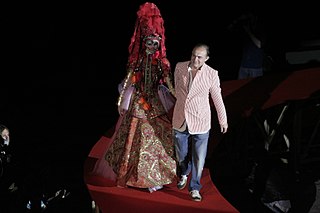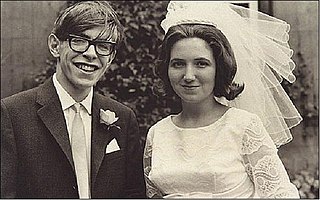A Quote by Naomi Wolf
French existentialism is an unhelpful philosophy in which to couch modern feminism: born from the ravages of the Second World War, it is a cynical, individualistic school of thought that posits the self and personal choice as the measure of life's entire meaning.
Related Quotes
Above all else, philosophy ought to aim for clarification - of the self, one's place in the world, and the ways we make meaning. Philosophy, when practiced well, can be useful. It can enable us to grapple in productive ways with questions about the meaning of life and who I am and how I want to be in the world.
All my life I've been aware of the Second World War humming in the background. I was born 10 years after it was finished, and without ever seeing it. It formed my generation and the world we lived in. I played Hurricanes and Spitfires in the playground, and war films still form the basis of all my moral philosophy. All the men I've ever got to my feet for or called sir had been in the war.
We're all born listeners. And as a result of our modern lives, and living in a world that has less meaning than the natural world that we evolved to hear, we learn to think of listening not as taking in all the information with equal value, which is the definition of true listening. In our modern world, we tend to think of listening as focusing our attention on what is important and filtering out everything else.
Philosophy - reduced, as we have seen, to philosophical discourse - develops from this point on in a different atmosphere and environment from that of ancient philosophy. In modern university philosophy, philosophy is obviously no longer a way of life, or a form of life - unless it be the form of life of a professor of philosophy.
While it is true that the taking of life not yet born or in it's final stages is sometimes marked by a mistaken sense of altruism and human compassion it cannot be denied that such a culture of death, taken as a whole, betrays a completely individualistic concept of freedom, which ends up by becoming the freedom of "the strong" against the weak who have no choice but to submit.
Philosophy is antipoetic. Philosophize about mankind and you brush aside individual uniqueness, which a poet cannot do without self-damage. Unless, for a start, he has a strong personal rhythm to vary his metrics, he is nothing. Poets mistrust philosophy. They know that once the heads are counted, each owner of a head loses his personal identify and becomes a number in some government scheme: if not as a slave or serf, at least as a party to the device of majority voting, which smothers personal views.
The Philippines and the U.S. have had a strong relationship with each other for a very long time now. We have a shared history. We have shared values, democracy, freedom, and we have been in all the wars together in modern history, the World War, Second World War, Cold War, Vietnam, Korea, now the war on terrorism.



































